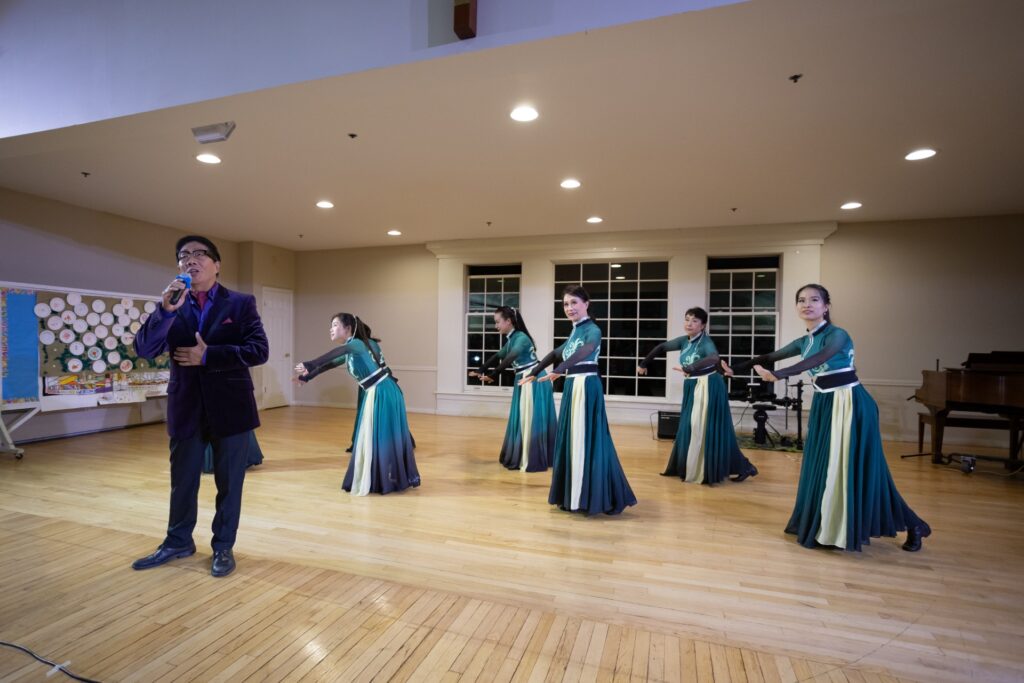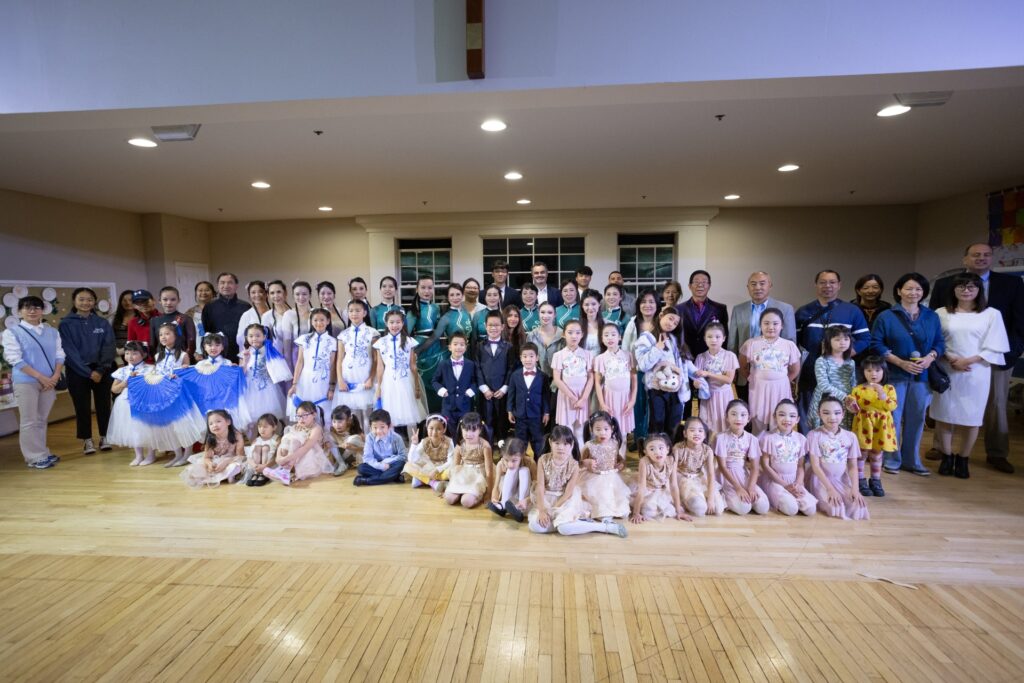When Costco starts to sell mooncakes, a Chinese sweet pastry with lotus seed paste filling and salted duck egg yolk, I know the Mid-autumn Festival is near, and it is time to check its date on the Chinese calendar and mark it so that I won’t miss the festivities in China, and I will not forget my duty to make phone calls to my parents there.
The Mid-autumn Festival is a big celebration in our culture. It is so big that there are thousands of classical poems, songs, music and dances that express a treacly sentiment about the moon on this particular night.
Autumn is a poetic season in all cultures, because it is the season for harvest; for a culture that has a continuous lasting history of thousands of years, the festivals bind you with your roots, your tradition, your family, your community, your sense of being, and more. Every year when the mid-autumn full moon rises, families get together. Chinese people everywhere pause at his or her pace and gaze at the moon for a moment of contemplation of time, space and life; classic poems and lyrics about such themes, which they have recited since childhood, resonate in their souls. This is an aesthetic feeling cultivated by culture. The feeling is spiritual, and the festival is ritual.

On September 21, the Acton Chinese American Civic Society hosted a festival celebration with Chinese associates from Concord/Carlisle, Sudbury and Weston, in the rented First Congregational Church in Acton. Audience members and volunteers filled the hall; the atmosphere was festive and inclusive, people smiling, exchanging greetings, feeling eager and excited. Parents and children performed beloved Chinese traditional folk songs and dances to an attentive audience. As one song (“When Was the Moon So Bright,”) says, “The moon is fuller ’n’ brighter in one’s desolation. What else but joys and sorrows, partings and reunions, like the moon — clouded or brilliant, empty or brimming. Now and always, peace to our hearts, we may share the same far-away goddess in the one Heaven.” The lyrics were written by the Song dynasty poet Su Shi (1037-1101).

Juliet Dong presented a solo Chinese dance, “Dian Jiangchung.” Juliet practices ballet at the Acton School of Ballet and is also learning Chinese dance from Acton Angel Dance. She said, “ I like Chinese dances. Just as in ballet, each dance tells a story about how Chinese people lived their lives, and expresses their feelings of joy and sadness through music and dance languages. I feel I am connected with them when I dance.” Her ballet teacher Genevieve, who was invited to watch the performances, said, “The dances and music are elegant, peaceful and delicate. They belong to the Chinese community and they are very beautiful.”
Dani Feng is a volunteer reporter for the Acton Exchange. She cover news about local Asian communities. Dani was an editor of a publishing press in Beijing before she came to the U.S. and she has a longtime interest in following the Chinese diaspora’s political and cultural development in the Boston area. She is currently working on research for two books about overseas Chinese immigration stories.
